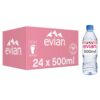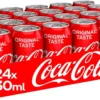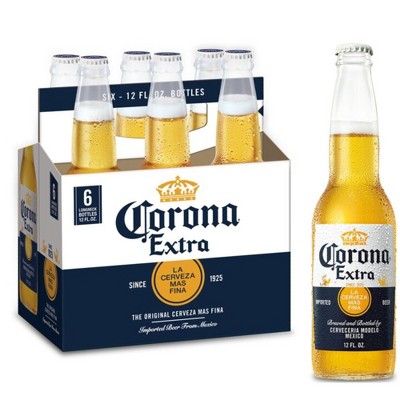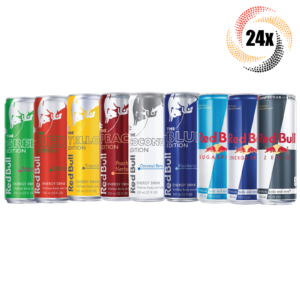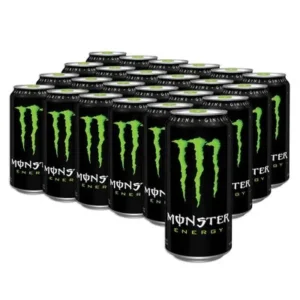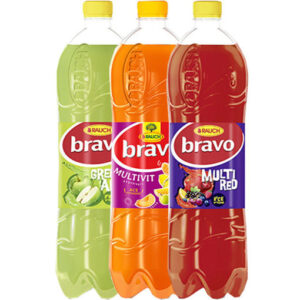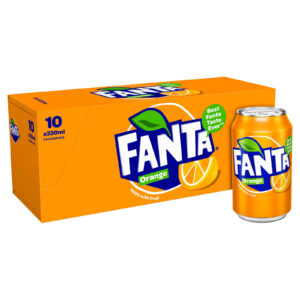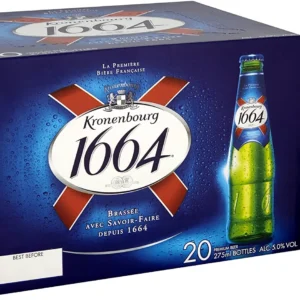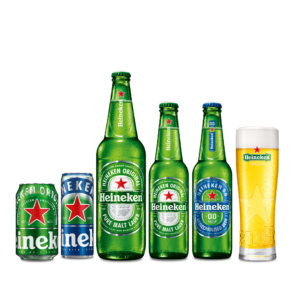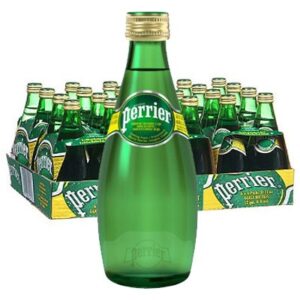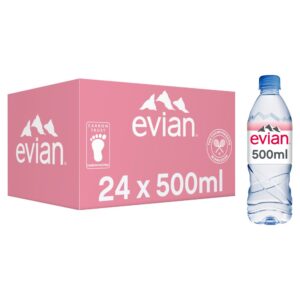Corona is a brand of beer produced in multiple breweries in Mexico and imported to markets around the world. Constellation Brands is the exclusive licensee and sole manufacturer and producer of Corona Beer in the fifty states of the United States, DC, and Guam. Belgian company AB InBev owns the beer in all other markets. It is the top-selling brand of imported beer in the United States. It is often served with a wedge of lime or lemon in the neck of the bottle to add tartness and flavor. The recipe for the mash bill includes corn as well as the barley malt and hops traditionally used for making beer.
The brand’s most popular variation is Corona Extra, a pale lager. It is one of the top-selling beers worldwide, and Corona Extra has been the top-selling imported drink in the U.S. since 1998.
Other variants of the Corona beer brand include Corona Light, Corona Premier, and Corona Familiar. A variety of flavored hard seltzers marketed under the Corona brand name was launched in March 2020.
According to Sinebrychoff, a Finnish company owned by the Carlsberg Group, Corona Extra contains barley malt, corn, hops, yeast, antioxidants (ascorbic acid), and propylene glycol alginate as a stabilizer.
Corona beer is available in a variety of bottle presentations, ranging from the 207 ml (7.0 U.S. fl oz; 7.3 imp fl oz) ampolleta (labeled Coronita and just referred as the cuartito) up to the 940 ml (31.8 U.S. fl oz; 33.1 imp fl oz) Corona Familiar (known as the familiar, Litro or Mega). A draught version also exists, as does canned Corona in some markets.
In Spain, the beer is branded as Coronita (literally, ‘little crown‘), as winemaker Bodegas Torres has owned the trademark for “Coronas” since 1907. The packaging is otherwise the same in Spain as in Mexico and the United States. In the United Kingdom, Canada, Australia, and the United States, smaller, 210 mL (7.4 imp fl oz) bottles of the beer are also branded as “Coronita”.
Production of the brand was briefly suspended in April 2020 because of government orders to temporarily close businesses, although the sales of the brand had not been harmed by the brand name’s similarity with the virus’ name. The company said that sales of the brand were up 8.9% in the first three months of 2020, and showed year-over-year growth of 24% in the first three weeks of March 2020, as American consumers were drinking more beer and alcoholic beverages while staying at home during the emerging pandemic.

